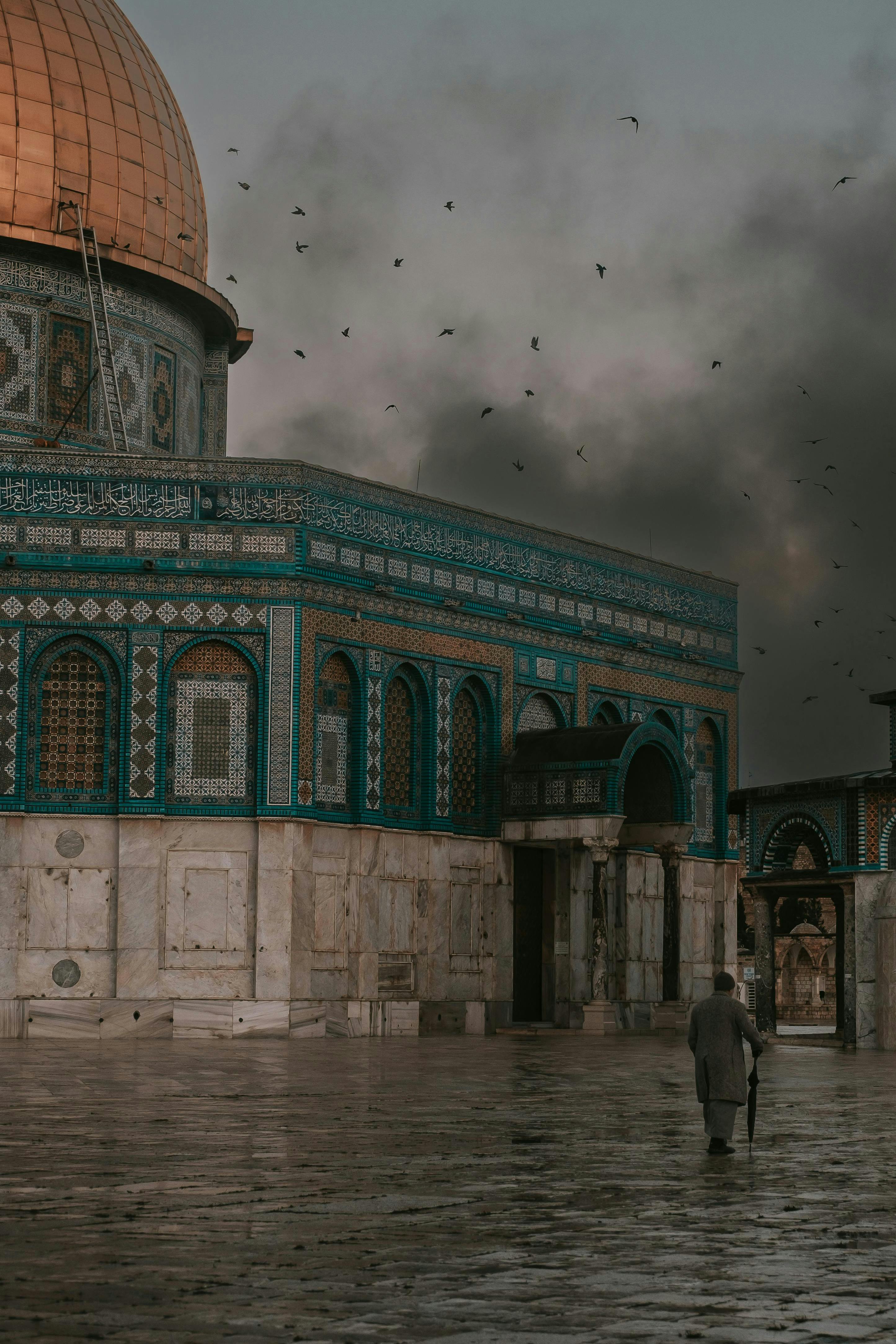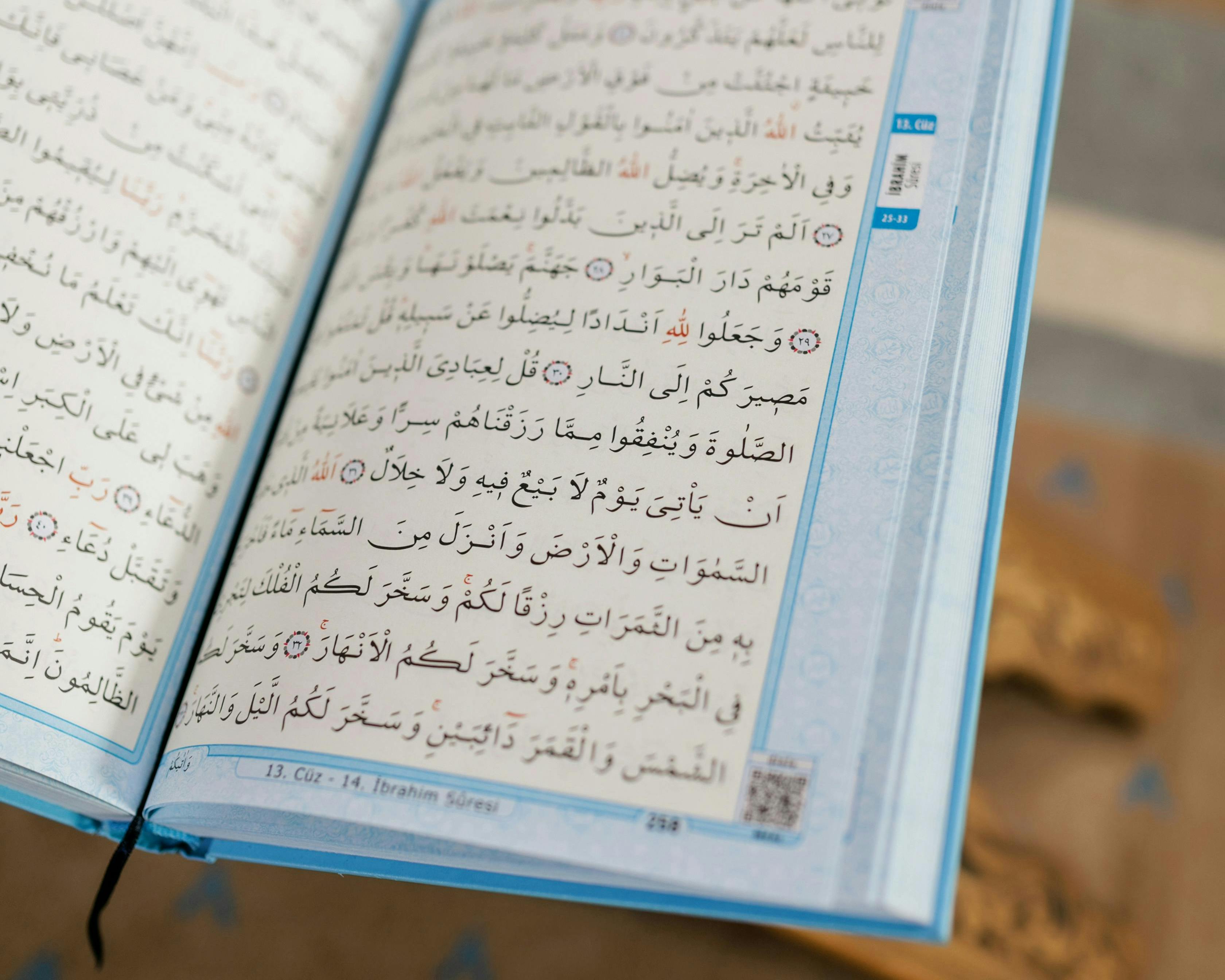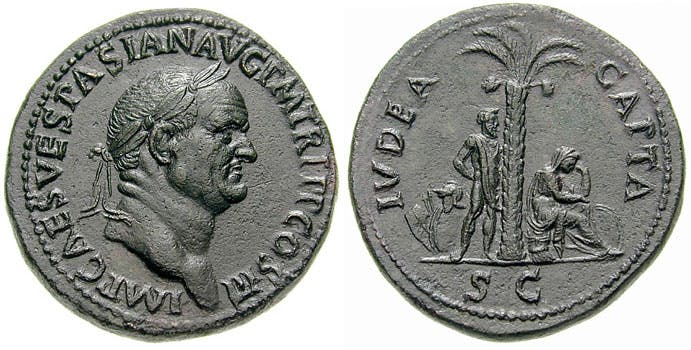From the Islamic Texts

For generations, the Palestinian issue has been one of the most emotional rallying points in the Muslim world. Streets fill up with flags, sermons reference the “Palestinian cause” and politicians invoke it as a sacred duty. But what do Islam’s own sacred texts actually say about the Promised land and its people?
Islamic Faith and the Koran
Many Christians grow up knowing little about Islam—its beliefs, practices or sacred texts. Islam’s basic tenets teach the belief in one God, Allah; angels who serve as his messengers; divine books revealed to humanity by Allah; prophets who speak on his behalf, including Adam, Abraham, Moses, Jesus (Yeshua) and Mohammed; a coming day of judgment; and Allah’s predetermination of all events, good and bad.
Muslims believe that the prophet Mohammed—who lived about 1,800 years after Moses and about 570 years after Jesus—received the divine revelations of the Koran from the angel Gabriel. These revelations supposedly began in a cave near Mecca in AD 609, when Mohammed was 40 years old, and continued until his death in AD 632.

Mohammed, described in the Koran as illiterate, passed the teachings to his followers, who memorized them and wrote them down on whatever they could find, including parchment, stones and palm leaves.
Different companions of the prophet recorded portions of his recitations, producing versions that circulated in various parts of the Islamic world. Abu Bakr, Mohammed’s father-in-law and the first caliph (religious leader), set about compiling the first unified Koran around AD 632, based on the memories of Mohammed’s followers and collections of the written fragments. Eighteen years later in AD 650, then Caliph Uthman commissioned a committee to draw from differing versions and standardize the text to be copied and distributed across the expanding Muslim realm. He ordered that all other versions of the Koran outside of the standardized Uthmanic codex be burned.
Despite Uthman’s order, different versions of the text lingered throughout the Muslim world. Egypt, for example, did not adopt an official version until 1924, when King Fuad I sponsored scholars to produce the “Cairo Edition” of the Koran, which is the most widely used today.
In other words, the Koran came about millennia after the writing of the Torah (Gen.–Deut.) and more than 600 years after the completion of the New Testament.
The Land of Israel in the Time of Mohammed
Let’s establish some historical context. Mohammed lived from AD 570 to AD 632. At that time, the Byzantine Empire ruled the land of Israel along with vast territories across North Africa, Portugal, Southern Europe, modern-day Turkey and much of the Middle East.
In AD 614, the Sasanians, a pre-Islamic Persian power, seized control of Jerusalem and the Holy Land until the Byzantines regained control in AD 628.
The war with the Sasanians left the Byzantine Empire weakened, however, and just four years after Mohammed’s death, the Islamic caliphate expanded rapidly from Damascus to Egypt, swallowing up the Land of Israel.

So, what did Mohammed and the Koran say about the land of “Palestine”? Not much. Except for Jerusalem and its sacred sites for Judaism and Christianity, the Holy Land, sat largely in obscurity, a quiet constant amid ever shifting borders and empires.
The Origin of “Palestine”
Roman General Pompey conquered Jerusalem in 63 BC and established control over Judea. The kingdom was at first established as a client kingdom rather than fully annexed Roman territory, with Herod the Great installed as king over the Jewish people in 37 BC. Following Herod’s death in AD 6, his kingdom was divided among his sons, and Judea fell under Roman administration, governed by officials such as Pontius Pilate.
From AD 66 to AD 135, Jewish revolts against Roman rule culminated in the Roman destruction of the Second Temple in AD 70. Emperor Titus minted coins inscribed “Judea Capta” (“Judea has been captured”).
In the aftermath of the Jewish Bar Kochba revolt in AD 135, Emperor Hadrian attempted to erase Jewish identity from the land. He renamed Israel and Judea “Syria Palaestina” after Israel’s ancient enemies, the Philistines.
By Mohammed’s time nearly 500 years later, the Land of Israel long borne her ancient enemy’s name. But did the prophet incorporate that name into his revelations?
No.
Biblical Characters in the Koran
Many heroes of the faith from the Torah and the Tanakh appear in the Koran, including Adam, Noah, Abraham, Moses, Joseph, David, Solomon and Jonah. Mary, John the Baptist and Jesus are also mentioned, though Jesus is presented not as Messiah but as a prophet.
One verse of the Koran (17:104) says: “And We said to the Children of Israel after Pharaoh, ‘Reside in the land, but when the promise of the Hereafter comes to pass, We will bring you all together.’”
Note here that it says “the Children of Israel,” not “the Children of Palestine.”
Moreover, in 5:20–21, the Koran says, “And remember when Moses said to his people, ‘Oh my people! Remember Allah’s favors upon you when He raised prophets from among you, made you sovereign, and gave you what He had never given anyone in the world. O my people! Enter the Holy Land which Allah has destined for you to enter…”
But who are the people referred to here? Muslims? No, these are the ancient Israelites. And according to this text, they are commanded to enter the Holy Land, which Allah destined for them.
Taken together, these passages reveal a striking contrast between modern slogans and Islam’s own sacred text. While many Muslims today echo the rallying cry “From the river to the sea, Palestine will be free,” it is worth noting that their revered prophet never mentioned “Palestine” in Islam’s sacred text. Instead, he acknowledged it as the Holy Land given by Allah to the Children of Israel.
Related Resources

Discover Your Purpose and God’s Heart For You
In today's divided, turbulent world, it's essential for the Church to rediscover God's heart. Our free e-book, authored by a seasoned expert with three decades of experience in Israel, delves deep into the teachings of Jesus (Yeshua) to reveal God’s principles of love and purpose. Learn how embracing these truths can bring significance and impact to your life, even amidst chaos. Subscribe now to receive your free copy and embark on a journey of transformation.




